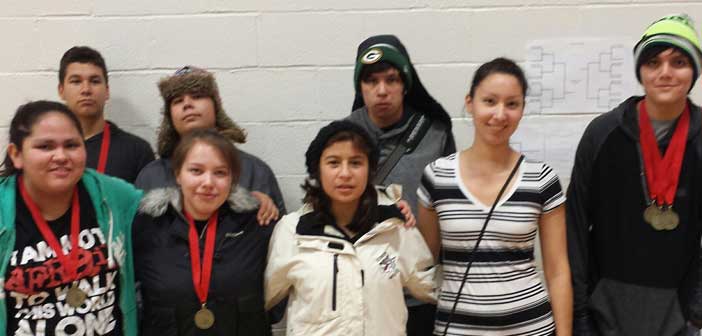TORONTO—Ontario Regional Chief Stan Beardy is pleased with the Ontario Divisional Court’s December 2 decision to dismiss an appeal by the Government of Canada to certify the Sixties Scoop case as a class action lawsuit, calling it a signal that historic injustices to First Nation children are being addressed.
In February 2009, a class action lawsuit against Canada was filed by plaintiffs Chief Marcia Brown-Martel from Beaverhouse First Nation and Robert Commanda from Dokis First Nation on behalf of themselves and over 16,000 indigenous children who were victims of the Sixties Scoop. The Sixties Scoop refers to a period of time when these children were forcibly removed from their homes and communities in Ontario and were placed in non-indigenous homes throughout North America and other countries.
The plaintiffs claim that because Canada removed them and thousands of children from their indigenous families and communities between 1965 and 1984, they were stripped of their indigenous cultural identities and suffered emotional, psychological, and spiritual harm calling it cultural genocide. They claim that Canada should have prevented the harmful effects of Ontario’s child welfare system and should have ensured their indigenous cultural identity was protected. Article 2 of the United Nations Convention on the Prevention and Punishment of the Crime of Genocide refers to makes reference to genocide as being an action of forcibly transferring children of one group to another group.
“In the five years that this case has been before the courts, Canada has shirked away from its legally-binding obligations in international agreements such as the Convention on the Rights of the Child. We have seen the same thing taking place in the Canadian Human Rights Tribunal on Child Welfare and the ineffective implementation of Jordan’s Principle,” Ontario Regional Chief Beardy said. “We have never given up jurisdiction of our children, not during residential schools, not during the Sixties Scoop, and not today. We are determined to address past and present injustices to our children and ensure they receive their basic human rights.”
As the appeal court observed in its December 2, 2014 decision: “Here we are not dealing with just one aspect of that culture. Rather, we are dealing with a person’s connection to that culture as a whole. It is difficult to see a specific interest that could be of more importance to aboriginal persons than each person’s essential connection to their aboriginal heritage.”




